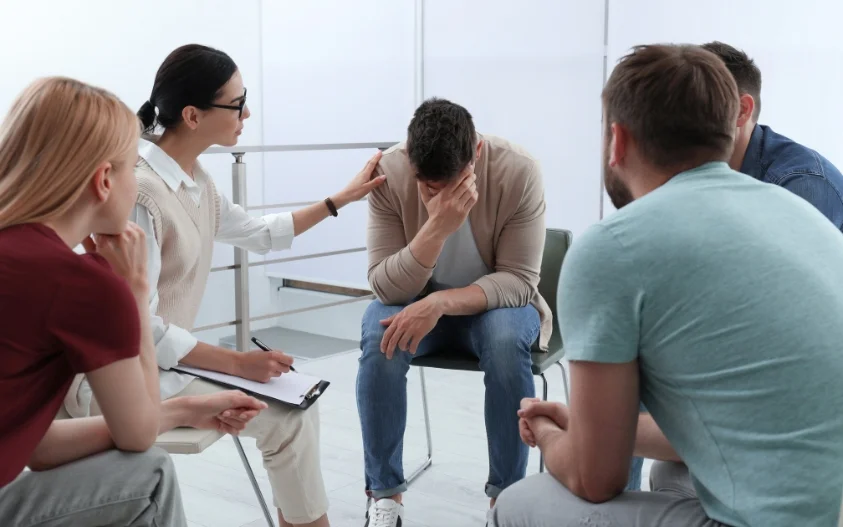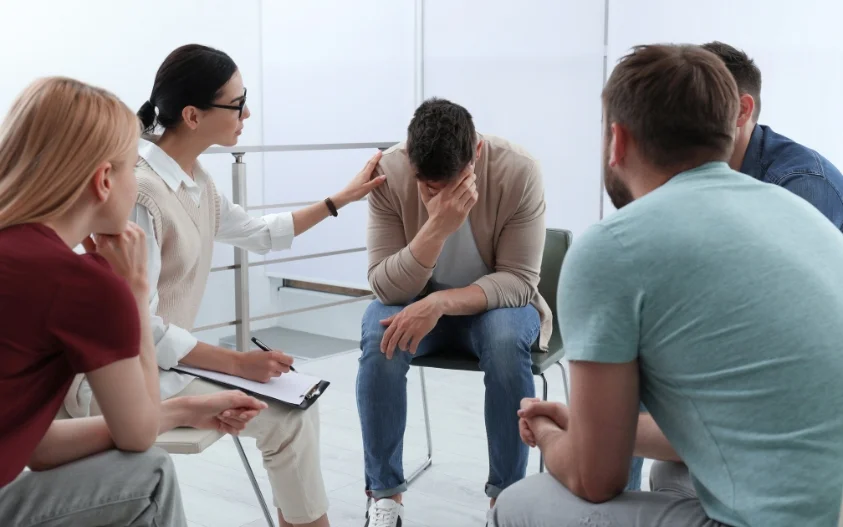24/7 Helpline:
(866) 899-221924/7 Helpline:
(866) 899-2219
Learn more about Morphine Detox centers in Butler County

Other Insurance Options

Medical Mutual of Ohio

Amerigroup

AllWell

Group Health Incorporated

Sliding scale payment assistance

UnitedHealth Group

Health Partners

Ambetter

CareSource

Molina Healthcare

MHNNet Behavioral Health

Aetna

Excellus

United Health Care

Optum

WellCare Health Plans

CareFirst

Magellan

Absolute Total Care

Horizon Healthcare Service

Southeast Missouri Behavioral Health – South Main Street
Southeast Missouri Behavioral Health - South Main Street is an outpatient facility that offers treat...

Southeast Missouri Behavioral Health
Southeast Missouri Behavioral Health - New Era Center is a residential facility that offers treatmen...

Behavioral Health Group
Behavioral Health Group is a private rehab located in Poplar Bluff, Missouri. Behavioral Health Grou...





























FCC Behavioral Health – Butler County Clinic
FCC Behavioral Health is a private, non-profit community behavioral health center with a proven hist...

Correctional Counseling
Correctional Counseling is a private rehab located in Poplar Bluff, Missouri. Correctional Counselin...

Poplar Bluff Medical Center – Outpatient
Poplar Bluff Medical Center – Outpatient is a private rehab located in Poplar Bluff, Missouri. Popla...

Poplar Bluff Regional Medical Center – Behavioral Health
Poplar Bluff Regional Medical Center - Behavioral Health, located in Bluff, Missouri, offers alcohol...

AA – Alcoholics Anonymous – Unity Group
AA – Alcoholics Anonymous – Unity Group is a non-profit rehab located in Poplar Bluff, Missouri. AA ...

Southeast Missouri Behavioral Health – Vine St
Southeast Missouri Behavioral Health - Vine St is an outpatient facility that offers treatment for i...






















































